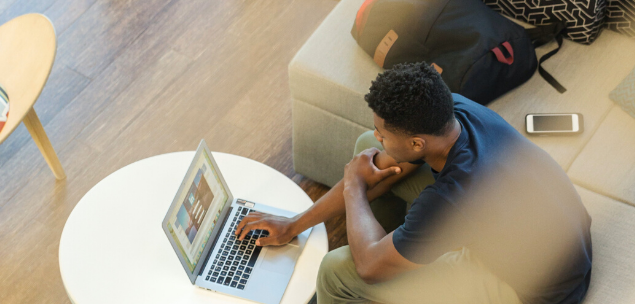A new ING Future Focus Report shows that 3.3 million Aussie adults are rethinking their career path because of the COVID-19 pandemic impact.
ING’s Head of Retail Banking, Melanie Evans said that the pandemic has forced people to reflect on their professional lives.
“COVID-19 has made many Aussies re- think their work choice with some questioning whether their existing skills will always be needed, while others have spent time dreaming about a change in career direction,” she commented.
Millenials and Generation Xers
The report’s findings are mostly made up of Millennials and Generation Xers, who make up a total of approx. 2.7 million of that figure.
Ms Evans said that these age groups may be particularly affected by COVID-19 in re-thinking their career choice because of where they are in their personal lives.
“Millennials and those who fall into Generation X are at points in their life where stable incomes are really important.
“Many millennials are experiencing big life changes like marriage, children and home ownership. For Generation X they’re probably paying off mortgages and planning for their retirement.
“We’ve had a good run of booming job growth in Australia so many millennials may have never experienced an economic downturn in their working careers. This could be why so many are taking the initiative to re assess careers and learn skills.”
COVID-19 accelerates the future workforce
Futurist, Anders Sörman-Nilsson, has commented on ING’s findings saying that COVID-19 will definitely lead to a change in the way we work.
“Pandemics have a history of spawning cultural and labour transformation,” he said.
“Just as the Spanish Flu and Black Plague shifted ways of working, COVID-19 will lead to an even closer relationship with technology, with the rise of machine learning, artificial intelligence and robotics.
Related:
“Not only are there thriving new industries to take advantage of, but Aussies can transfer their current skills, learn new ways of working and adapt to the current climate.”
Key predications from Anders Sörman-Nilsson
- Robots join the team – digital connectedness will thrive, from robots and drones utilised in healthcare, to tech connecting people who are separated.
- STEMpathy will get you hired – whilst some machines might take over old jobs, emotional intelligence is not something that can be programmed. It will be important for people to have multiple skill sets that combine creativity and entrepreneurship with digital technologies.
- Eco companies will lead the way – as we look to tomorrow, businesses that focus on sustainability, renewable energy and carbon neutrality will be the leaders of our new economy
- EdTech the new normal – within schools and workplaces we will continue to gain access to world-class mentors and teachers through hybrid education models that fuse virtual learning with face-to-face.
- Your wellbeing is the priority – we will see workplaces place greater emphasis on mental health and wellbeing, including access to online therapy, mediation apps and dedicated wellbeing spaces.
- A home office will be common place – as more workplaces offer the opportunity to work from home, we will see a rise in those looking to build or buy properties with home offices.
- Those who can adapt quickly will thrive – whilst niche skills will still be needed, it will become increasingly important for people to diversify their skill sets and continue to learn outside of traditional education to ensure they are flexible and ready for change.
Keep up to date with our stories LinkedIn, Twitter, Facebook and Instagram.

